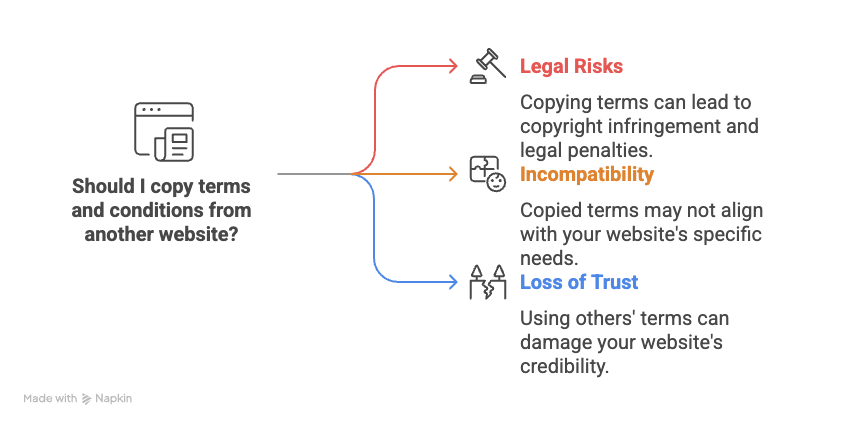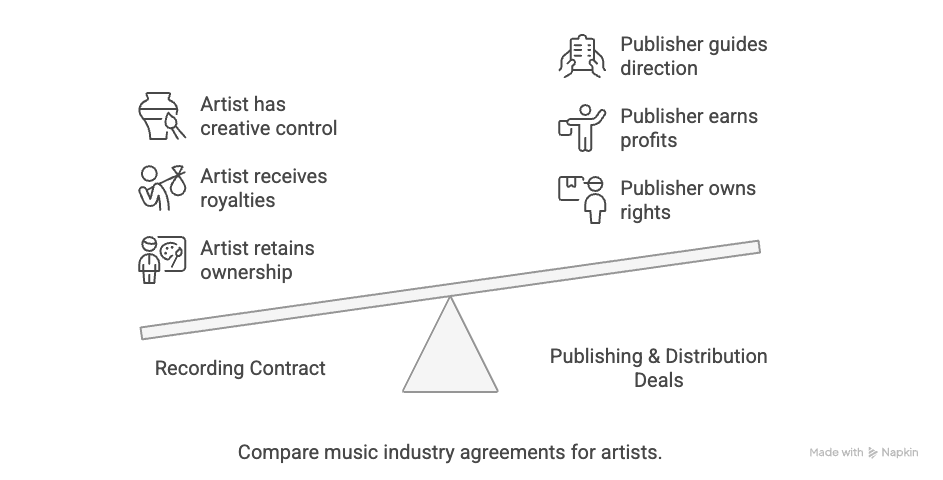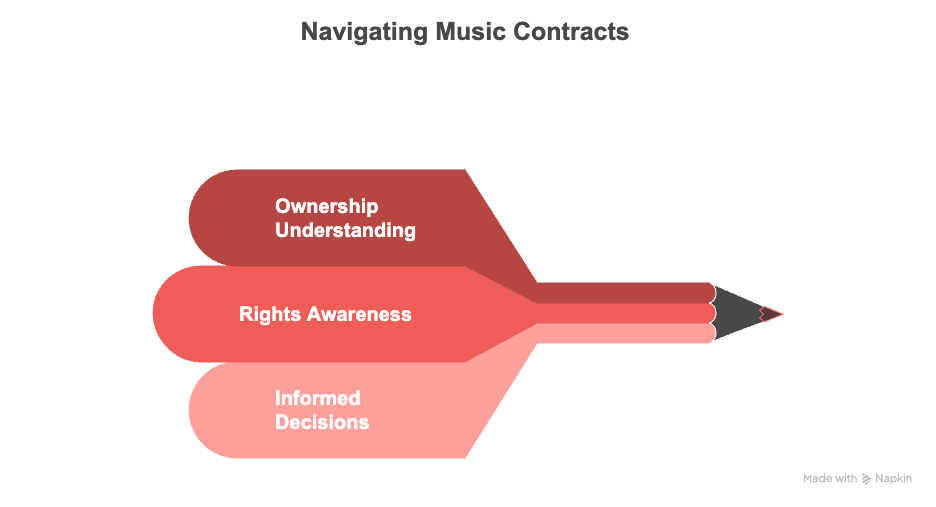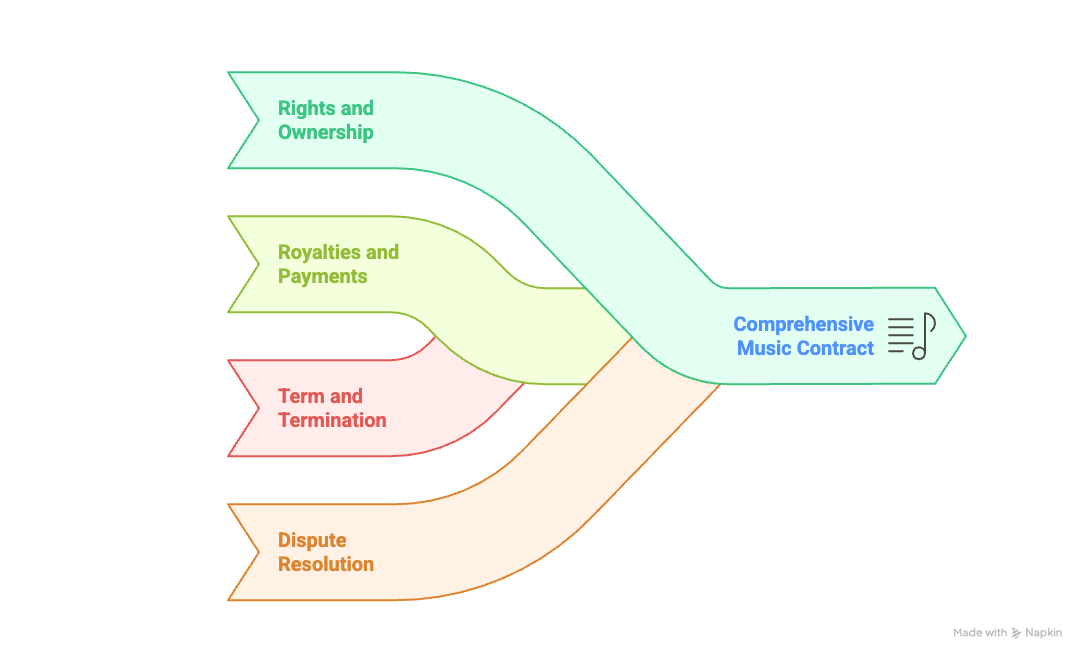
Can I Copy Terms And Conditions From Another Website?
Last Updated on May 10, 2025
If you’re setting up a new website or launching an online service, the legal pages can feel like a chore. It might be tempting to copy Terms and Conditions from another site — especially one in a similar niche. But this shortcut can lead to serious problems: legal, financial, reputational, and even SEO-related.
This guide breaks down why copying Terms and Conditions is a bad idea, the legal consequences under Canadian law, and what to do instead to create a compliant, enforceable policy.
Is It Legal to Copy Terms and Conditions?
No - not if you're copying them verbatim. Terms and Conditions are considered original written works and are protected under Canadian and international copyright law. While basic legal concepts (e.g., user conduct, IP protection) are not protected, the specific language and structure of a legal policy often are.
Bottom line: Copying legal text word-for-word without permission can result in takedown notices, legal threats, or penalties.
5 Reasons Copying T&Cs Can Hurt Your Business
1. Copyright Infringement Risk
Legal action may be rare, but it happens - especially if you're copying content from a large competitor or legal platform.
2. Wrong Legal Jurisdiction
Many policies reference U.S. laws or other international jurisdictions. Using those clauses on a Canadian website may render your T&Cs unenforceable.
3. Irrelevant or Dangerous Clauses
If you copy from a SaaS site but run an eCommerce store, you could end up with refund terms, billing structures, or limitations that don’t apply to your model - or worse, mislead users.
4. Missed Required Disclaimers
You might leave out vital clauses like refund policies, user behavior restrictions, or limitations of liability - exposing you to real risk.
5. SEO Penalties and Loss of Credibility
Duplicate content - especially on indexed legal pages — can negatively impact your search engine rankings and credibility.
Better Alternatives: How to Write Terms Without Risk
- Start with a Canadian-compliant template
Use a trusted, editable document built for websites operating under PIPEDA and Canadian contract law. - Customize every section
Reflect your business model, refund policies, services, delivery regions, and applicable law. - Use plain English, not legalese
Courts prefer contracts written in understandable language - and users trust you more. - Get legal input if needed
If your platform collects sensitive data or involves high-value transactions, a quick legal review can prevent costly mistakes.
Final Takeaway
Copying Terms and Conditions from another website may seem like a shortcut - but it’s a shortcut to risk. Copyright issues, legal gaps, and SEO penalties aren’t worth the convenience. Instead, create a Canadian-compliant policy that reflects your business and protects your users.
Need a fast, risk-free starting point? Download our free Terms and Conditions template - built for Canadian websites and ready to customize.
Download the Free Website Terms And Conditions Template
Ready to apply what you've learned? Get instant access to the Website Terms And Conditions PDF - free, editable, and built for Canadian businesses. No sign-up required.
Frequently Asked Questions
Answers to common questions about Can I Copy Terms And Conditions From Another Website?.
Is it illegal to copy someone else’s Terms and Conditions?
Yes, if you’re copying specific wording or structure. Legal documents are protected under Canadian copyright law.
Can I use a free template instead?
Absolutely. Start with a well-crafted Canadian template that covers core legal elements and tailor it to your needs.
What are the risks of using T&Cs from a U.S. site?
U.S. laws may not align with Canadian contract and privacy laws. This can lead to non-enforceable clauses.
Can duplicate Terms pages hurt my SEO?
Yes. Search engines may penalize sites with non-unique legal content, especially if it's indexed.
Do I still need my own Terms if my site is small or free?
Yes. Even simple websites benefit from usage rules, disclaimers, and a clear legal framework.
Explore More in Creative Digital Contracts
Discover curated templates in Creative Digital Contracts to help your business stay compliant and efficient.


